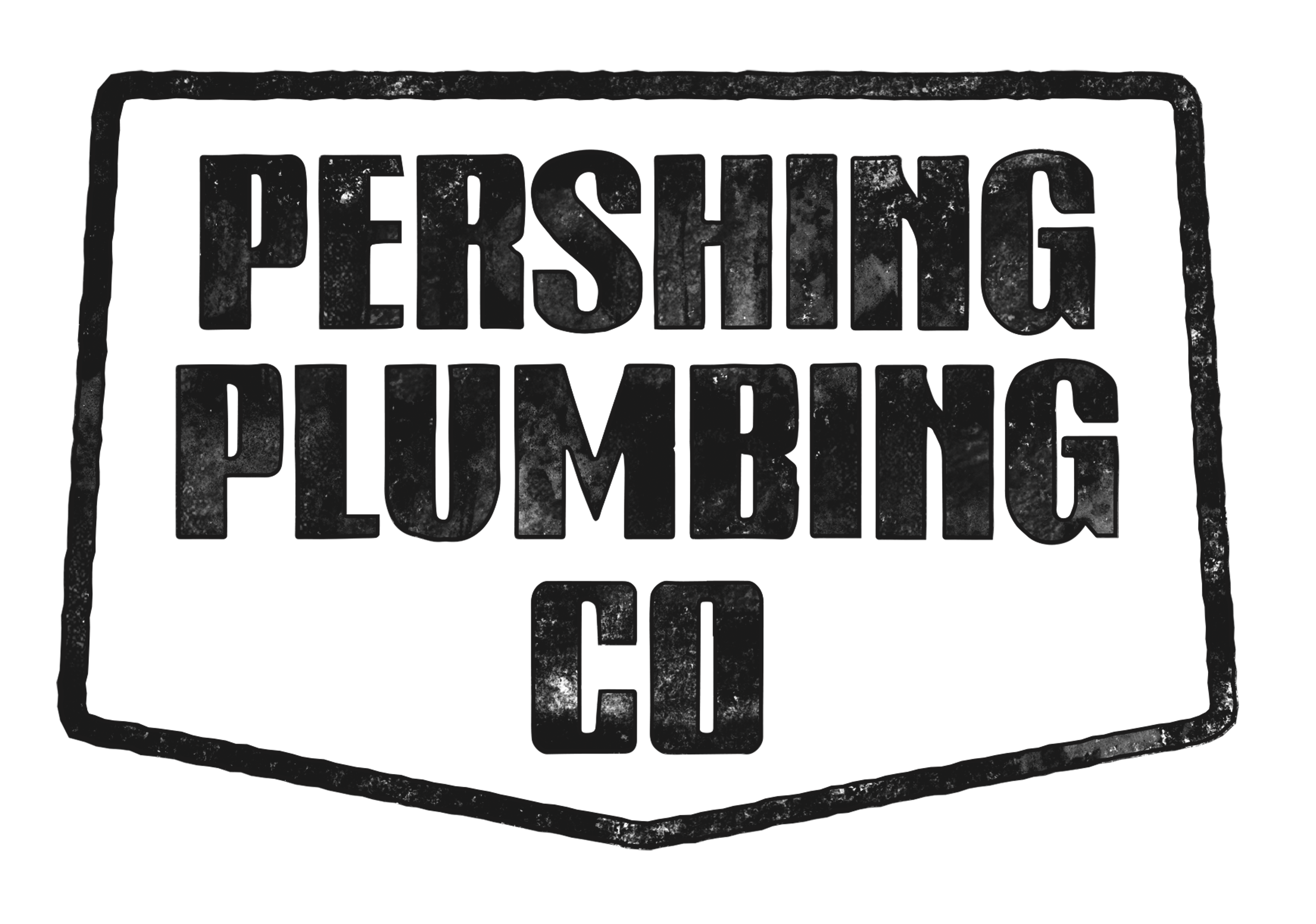The convenience of disposable wipes cannot be overstated in our bustling daily lives. From skincare to household cleaning, they have found an integral place in our routines. However, despite being labeled as “flushable,” the question remains – are we inviting plumbing woes by flushing them down? In this blog, we’ll unfold some lesser-discussed aspects and present new insights into why disposing of wipes through your toilet might not be the wisest choice.
1. The Lurking Danger of ‘Micro-Clogs’
Over time, flushing wipes can lead to the formation of micro-clogs deep within the plumbing lines. These small clogs can gradually accumulate, hindering the optimal flow of waste and eventually leading to significant blockages that are not easily detectable until a severe problem arises.
2. A Catalyst for Pipe Corrosion
Disposable wipes can accelerate the process of pipe corrosion. The chemicals used in these wipes can interact with the pipe material, leading to weakening over time. This creates a conducive environment for leaks and breaks, escalating the rate of wear and tear in your plumbing system.
3. Impact on Septic Systems
For homes with septic systems, the introduction of disposable wipes can be especially detrimental. These wipes do not disintegrate like toilet paper and can cause an imbalance in the septic tank, hindering the proper breakdown of waste and potentially leading to backflows and other serious complications.
4. Environmental Repercussions
Beyond the boundaries of your home, flushing disposable wipes has broader environmental consequences. They contribute to the formation of ‘fatbergs’ in the sewage system, a conglomerate of non-biodegradable items and fats, causing extensive damage and requiring hefty expenditures to rectify.
5. Unforeseen Complications with Sewer Pumps
Wipes have a notorious reputation for causing issues with sewer pumps. They tend to entangle with other materials, causing malfunctions and breakdowns that can disrupt the community sewer system, an issue that often culminates in costly repairs.
6. Encouraging Proliferation of Pests
Often not considered, but the accumulation of wipes in the plumbing system can attract pests. These pests find nourishment in the waste caught on the wipes, creating a nesting ground within the plumbing lines, which can escalate into a severe pest infestation problem over time.
Conclusion
It is evident that the repercussions of flushing disposable wipes extend much farther than a simple clog. From fostering conditions for pipe corrosion to instigating serious environmental issues, the implications are vast and concerning. As responsible homeowners and citizens, it becomes imperative to re-evaluate the disposal methods of these seemingly harmless products. By adopting alternative disposal methods, such as using a dedicated waste bin for wipes, we can circumvent these potential problems and contribute to a healthier plumbing system and a greener environment.

